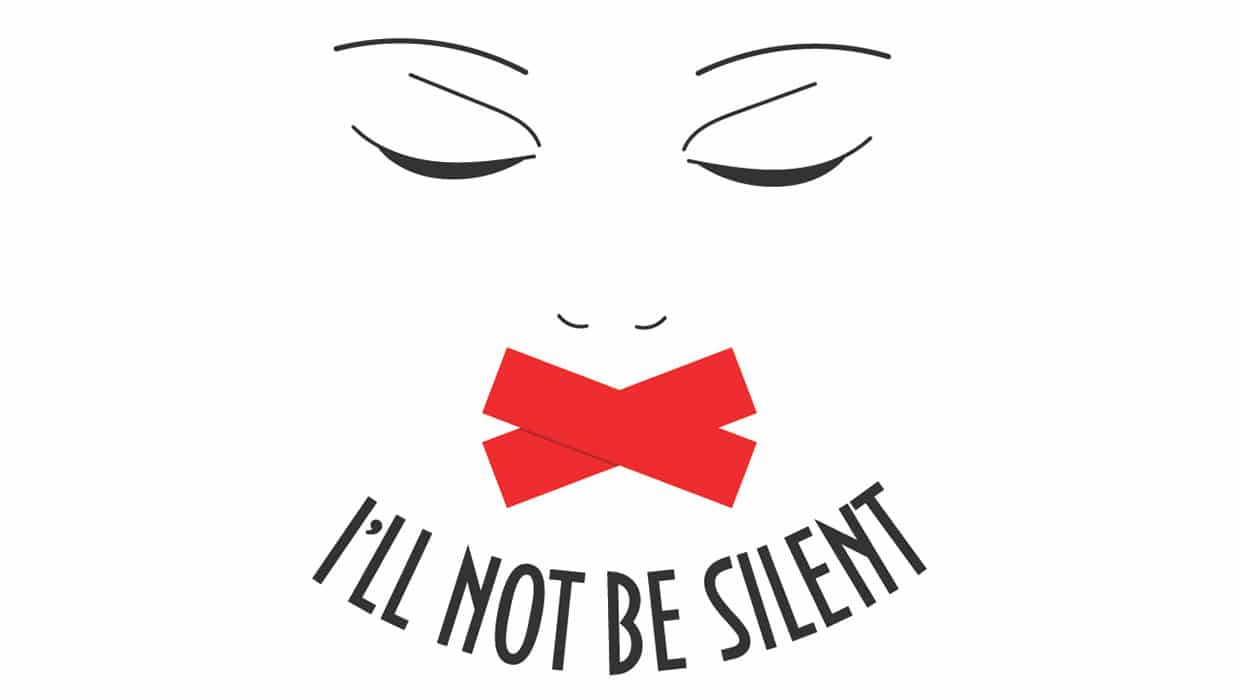Life
After #MeToo, a Facebook list names South Asian academics

A list of academics accused of assault has caused a frenzy among India's intellectuals.
Allegations of sexual assault against Hollywood producer Harvey Weinstein and a social media campaign that followed are raking up long-muffled controversies across the globe. Now a list of academics accused of assault has caused a frenzy among India’s intellectuals.
When Raya Sarkar, a 24-year-old law student of Indian descent at the University of California at Davis, posted a crowdsourced list on Facebook of male academics who allegedly harassed or assaulted women, India’s academic world splintered.
Sarkar’s list, based mostly on first-person accounts from women, includes the names of more than 60 prominent male academics. She said women provided her with WhatsApp messages and emails to corroborate their claims.
Some say the list is the product of a broken system that fails to hold sexual predators to account. But many, including a group of Indian feminists, said the list devalues “due process,” putting unverified accusations on equal footing with cases in which men were convicted of sexual crimes.
Sarkar defended the list in an interview with BuzzFeed, saying she created it in the aftermath of the Weinstein allegations and the #MeToo campaign, in which women shared their experiences of sexual harassment or assault. “The list is primarily for students to be wary of their professors, because in my opinion, knowing how college administrations function, harassers will continue to hold their positions of power,” she said.
The list, which has been widely shared, leaves out names of accusers, and specific details of the incident that could allow alleged predators to identify their victims.
Partha Chatterjee, a social scientist and historian from the eastern city of Kolkata, denied allegations in a response published by the Wire news website. He wrote, “I am certain that in 44 years of my association with the Center for Studies in Social Sciences, I have never been involved in an incident in which I could be accused of having sexually harassed a student.
“I believe it is fair for me to demand that the nature of the allegation against me be made known to me so that I could make a specific response to it. Otherwise, I demand that my name be removed from the list,” he wrote.
Prominent feminists also have lashed out against Sarkar. A post on the feminist Kafila blog signed by over a dozen noted women activists said, “It worries us that anybody can be named anonymously, with lack of answerability . . . We too know the process is harsh and often tilted against the complainant. We remain committed to strengthening these processes . . . This manner of naming can de-legitimize the long struggle against sexual harassment, and make our task as feminists more difficult.”
© Washington Post

You must be logged in to post a comment Login